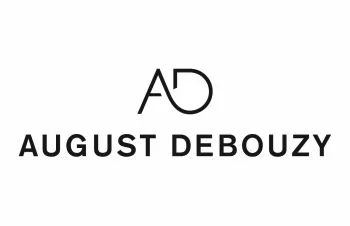As a result of the growing desire for privatization in Iran, the Iranian government is decreasing its role in the market and economy, and private sector is becoming more and more prominent. A regulatory framework is therefore necessary in order to safeguard and promote competitiveness and efficiency on the Iranian markets.
In 2008, "the Law on Implementation of General Principles of Article 44 of the Constitution of Iran" was enacted. Chapter IX of this law (entitled "Facilitating Competition and Prohibition of Monopoly") aimed at protecting consumer's interests and increasing welfare by setting down some mandatory rules such as prohibition of hoarding and refusing to engage in transactions, discriminatory pricing, use of misleading statements in advertising and merger and acquisition of companies which could result in a monopoly position.
This chapter has also led to the establishment of the Competition Council (the "Council") as the official body in charge of implementing the aforementioned Chapter IX. The Council is independent from the government. Its 15 members (persons specialized in law, economy, trade and finance) are appointed by the Iran's President but they can only be deposed in case of losing legal capacity, which reinforces their independency.
The Council's activity and its role in the Iranian economy are increasing exponentially. One significant example of this role is the Tap30 case.
Tap30, one of the Iranian online taxi services, lodged a complaint before the Council claiming that Snapp, a competitor, abused its dominant position by imposing limitations on drivers of both companies, limitations which would restrict Tap30's access on the market.
The key issue was that, due to Snapp's app configuration, drivers cannot have simultaneous access to Tap30 and Snapp's apps on their mobile phones and installation of Snapp's app will disrupt the function of Tap30 app. Consequently, drivers either have to buy two cellphones for each app, or to choose between one of the apps.
Tap30 argued that Snapp is the leading and former company in this industry. It has registered many drivers prior to Tap30's entry in the market. These drivers, and also the new comers, will consequently be inclined to choose Snapp instead of Tap30. This limitation will be a violation of the aforementioned Chapter IX. In response, Snapp submitted that the limitation was justified by technical specifications. Both apps use GPS services and concurrent use of both apps lowers their speed of process. Any simultaneous use, therefore, will reduce the quality of provided services.
The Council was convinced by the technical argument of Snapp and in its decision, it declined Tap30's claim and did not consider that this limitation a breach of competition law.
All in all, both online taxi services and competition regulations in Iran are still in their primitive stages and occurrence of different challenges in this regard, will hopefully result in development of existing regulations and institutions, the progress of both of which will result in increase of welfare that is on top of current objectives of the whole system.
The content of this article is intended to provide a general guide to the subject matter. Specialist advice should be sought about your specific circumstances.



